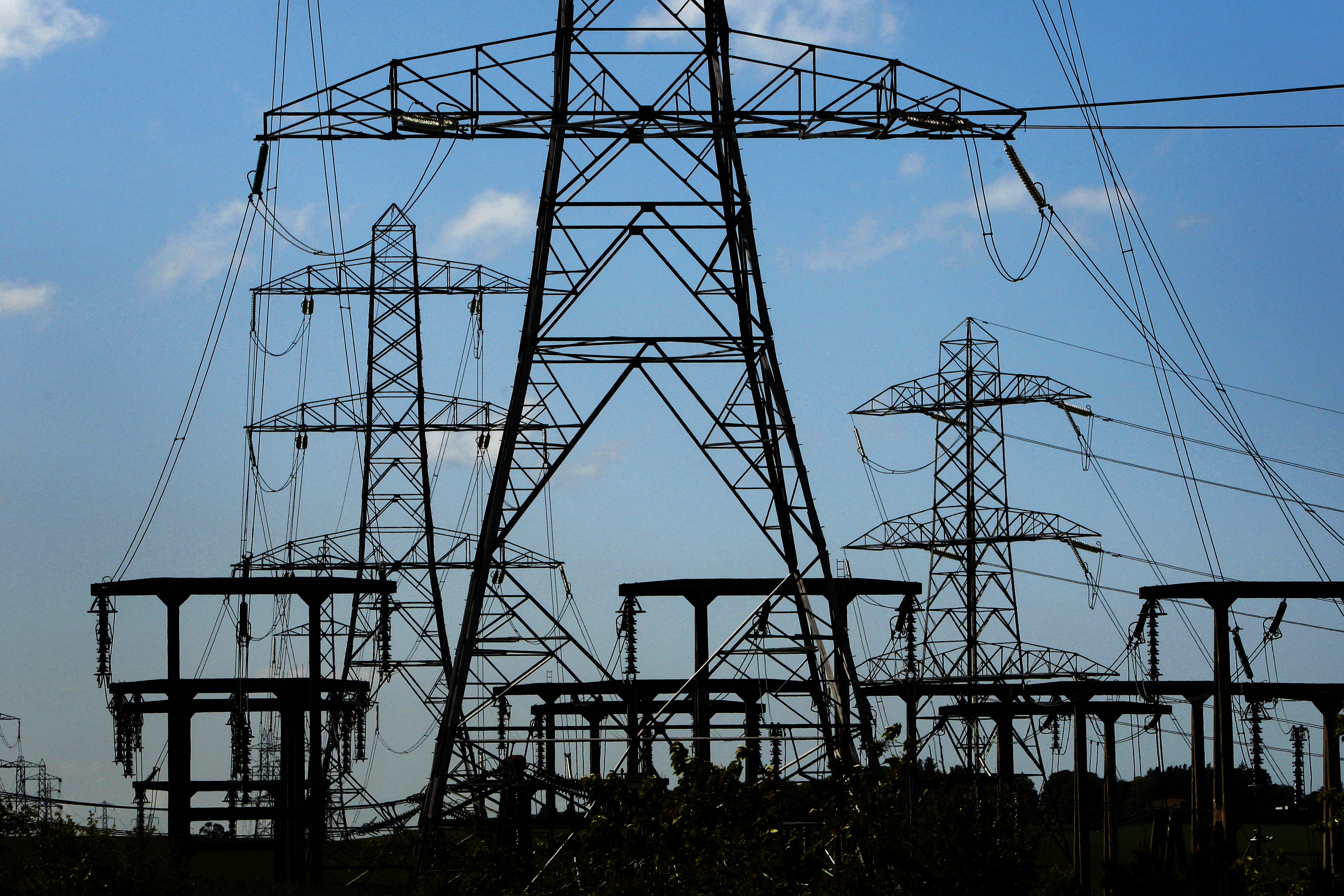Households to be paid to cut power use two days in a row as margins remain tight
The grid has had to take unusual measures to ensure stable supply, but experts say it shows the system is working.

Households will be paid to reduce their electricity use for two days in a row as coal plants were again set on standby in case electricity supplies fell too low.
The grid operator said it would call the second ever live run of a scheme which pays businesses and households to turn off some appliances for an hour or two.
The Tuesday session of the Demand Flexibility Service will come just 24 hours after the first live run took place between 5pm and 6pm on Monday.
It will run between 4.30pm and 6pm on Tuesday, the National Grid Electricity System Operator (ESO) said.
“We have taken this decision as we currently see a similar operational picture to the one available on Sunday,” it said in a statement on Monday afternoon.
“The use of these additional services is not an indication that electricity supplies are at risk, but that we require greater options to manage the network as normal.”
It comes as recent cold weather and bad conditions for wind turbines have left the grid with less supply to meet demand than it would have liked.
On both Monday and Tuesday households will be in the running for a bigger-than-normal payout.
There have been several test runs in the past, but Monday was the first time that the Demand Flexibility Service was used to ensure that the grid is balanced.
The system is set up to ensure that no more electricity is being taken out than is being put in at any given minute.
Traditionally the grid operator tends to do this by creating extra supply, but the new system allows it to reduce the amount of electricity that is being taken out.
Monday was the second time that a live run of the Demand Flexibility Service had been called.
Last time it was cancelled before it had time to take place but on Monday the service proceeded as scheduled.
Customers of Octopus Energy are among those who can expect higher-than-usual payouts.
The supplier said that all customers who take part can expect to be handed £3.37 worth of points per unit of electricity they save, 50% higher than past payments.
Several other suppliers also bid for higher contracts than usual, meaning they could be paying their customers more to take part.
National Grid said that 26 suppliers have signed up to its Demand Flexibility Service.
Households with these suppliers have to sign up in advance and opt in to the system each time.
Octopus said customers with a functioning smart meter could have signed up at any point before the session started at 5pm on Monday.
Separately, the ESO also said on Monday that three coal power plants had been asked to warm up in case they were needed in case supplies were tight on Tuesday.
The sites, owned by Drax and EDF, had been meant to permanently close as Britain phased out coal. But they were kept on standby this winter in a deal struck with Government amid the ongoing energy crisis. None have needed to be used yet.
The three sites had already been warmed up on Sunday in case they were needed on Monday, but were stood down around midnight.
These plants need time to slowly warm up before they can start producing electricity for British homes so the grid needs to warn them in advance.
This is all fine and just the grid doing its job
Expert Adam Bell, who is head of policy at consultancy Stonehaven, said the system was working as it should.
Every day National Grid has to manage supply by calling up and standing down electricity generators.
“This is all fine and just the grid doing its job,” Mr Bell said, adding that the demand flexibility side is “interesting”.
Craig Dyke, ESO head of national control, told Sky News: “We took the decision over the weekend to warm three coal-fired power stations, just for contingency, so not necessarily to run.
“Just to ensure that as we get through the evening peak today, we can ensure society that there will be electricity for them to use when they want to use it.”
Bookmark popover
Removed from bookmarks